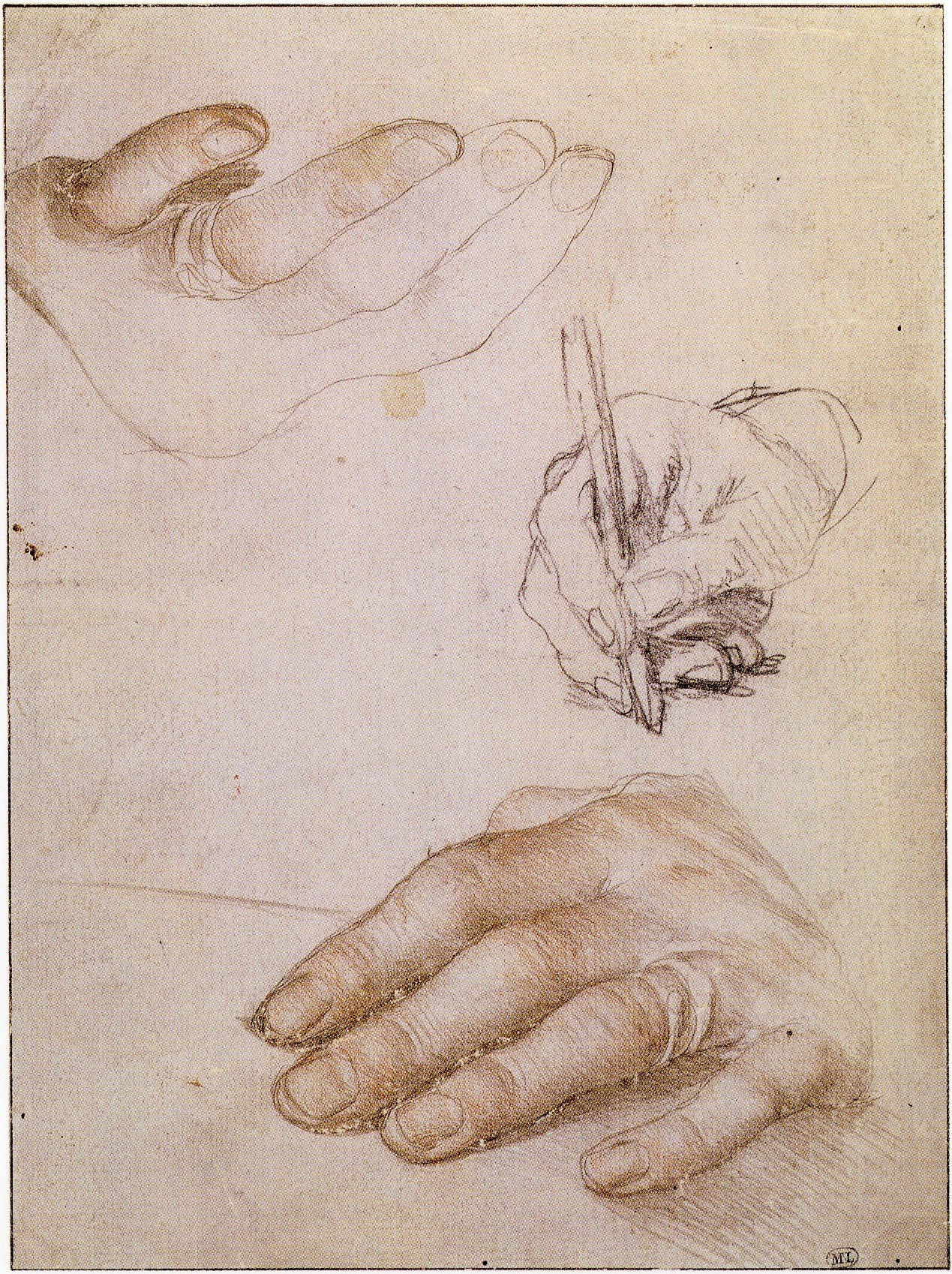
Published 2024-05-21
Keywords
- Authorship,
- Michel Foucault,
- Printing Press,
- Renaissance
How to Cite
Copyright (c) 2024 Alessandro Arcangeli

This work is licensed under a Creative Commons Attribution 4.0 International License.
Abstract
While recent research has partially downplayed the impact of the printing revolution by inserting it in a communication system which also included the manuscript, orality and their amalgams, it remains one of the most significant scenarios in contextualizing developments in authorship during the Renaissance. These developments interacted with a series of other cultural phenomena: the rise of individuality in a period of enduring collective identities; the influence of imitatio on cultural production practices and the limits to the appreciation of originality; the relationships between authors and readers; self-fashioning and the paths of biographical writing; the dynamics of power and censorship; the revaluation of technical-practical skills and the redefinition of intellectual profiles in a period characterized by a ‘decompartmentalization of knowledge’ and the ‘reduction into art’ of new disciplinary fields. By briefly revisiting such phenomena, this essay aims to show that the notion of the ‘author function’ formulated fifty years ago by Michel Foucault remains a heuristically fruitful category for interpreting the cultural developments of the period.
